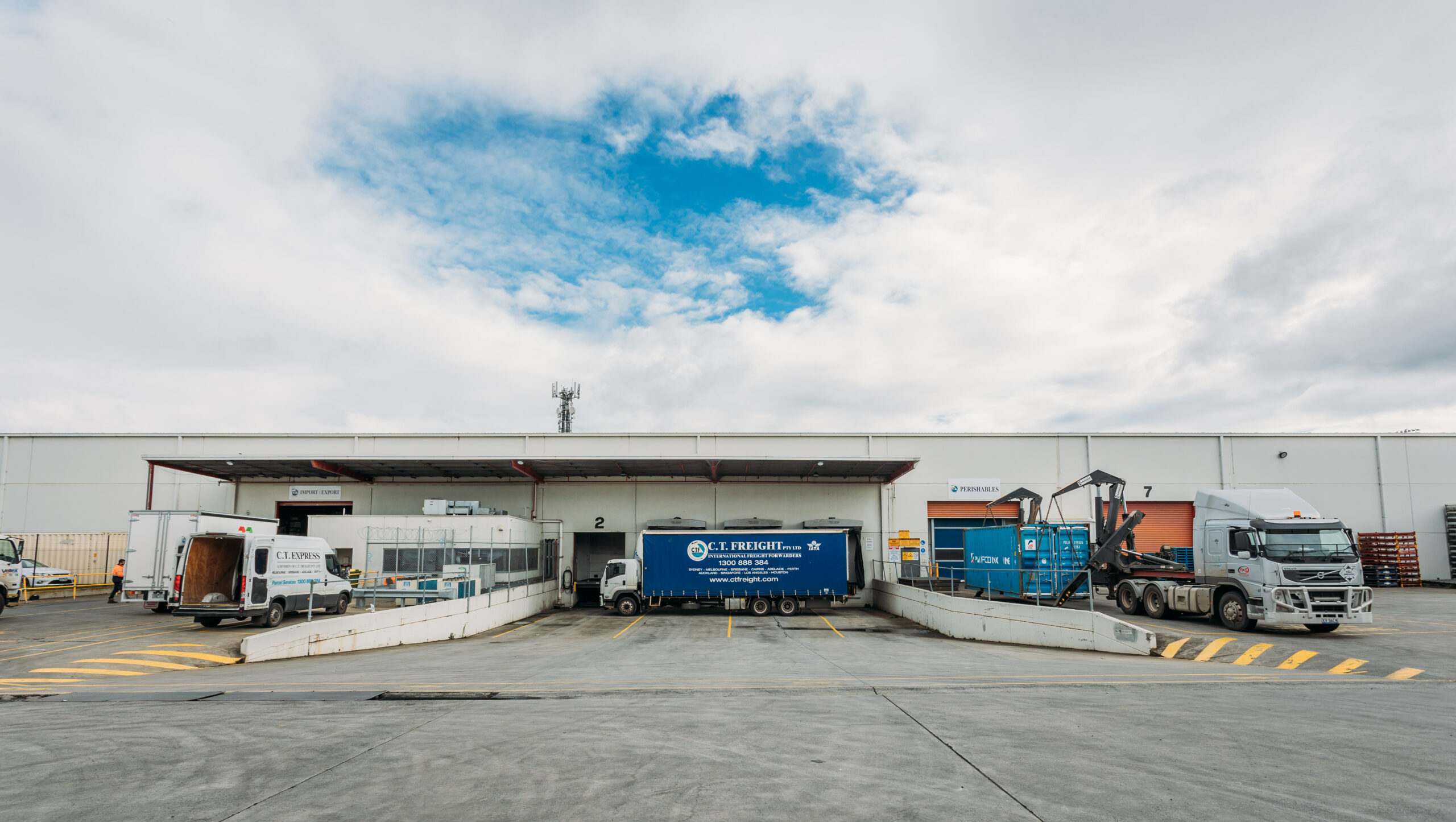Featured member: C.T. Freight
C.T. Freight Pty Ltd is 100% Australian owned company offering comprehensive freight forwarding and logistics solutions worldwide. With dedicated offices throughout Australia, New Zealand, Fiji, Singapore and the USA, along with an extensive network of partners worldwide, their services comprise of transport and distribution globally, no matter the size, weight, origin or destination.
Founded in 1981 by Clive Thomas (owner and CEO of the company), celebrating their 40th year in freight forwarding C.T. Freight has obtained accolades both internationally and domestically. They are the largest independent freight forwarder in Australia, and hold the number 1 IATA ranking for airfreight export from Australia.
C.T. Freight is known for the highest level of reliability, exceptional quality of service and superiority in expertise, through understanding of the requirements for each of our Australian and international customers. Being well established in the local market provides us with a major advantage. With substantial market position and direct, long-lasting contracts with airlines and shipping lines, this unique position has provided them with the ability to respond to specific market requirements and deliver tailored solutions, no matter the size of the customer.
Their range of services include:
- General Goods Transport by Air/Sea/Truck/Rail
- Perishable (cool room and freezer facilities)
- Aviation/Pharmaceutical/Time Critical (24/7 coverage)
- E-commerce/FBA/Express/Courier
- Supply Chain Management/Warehousing/Distribution
- Project Management/Aircraft or Vessel Charter
- Customs Brokerage
All their Australian warehouses have state of the art cool room and freezer facilities and are bonded for both customs and quarantine. Their in-house brokerage team has extensive knowledge in all customs and bio-security regulations. With 24/7 availability and support, they can handle all customs clearances including perishable, pharmaceutical, AOG and special projects.
Working with government and regulatory bodies, C.T. Freight has been on the forefront of developments in the international freight forwarding industry. Collaborating with the paramount international IT solution provider and through development in digital integration, they strive to be an industry leader, actively working on new ways to improve our services.
The Covid-19 pandemic has brought with it a new set of challenges for international supply chains. During this time, C.T Freight have had to be agile and adjust in order to deal with the ever changing landscape of international transport. The Australian Government announced a support package for Australian exporters of perishable goods (International Freight Assistance Mechanism – IFAM) and they were selected as one of six freight forwarders to assist in the delivery of the package to exporters. They can assist with any complicated transportation solutions that have been hampered by the pandemic.
C.T. Freight is a reliable worldwide partner, offering a comprehensive range of freight forwarding solutions, and specialises in customising services to suit individual customer requirements.









